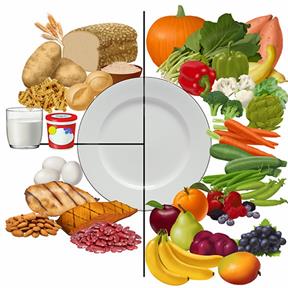ThisisPatientEngagementcontent
Heart Disease Prevention
Learn more about our Patient Engagement products now! Turn your patients into active participants in their healthcare by giving them easy access to the same evidence-based information you trust – but delivered in an easy-to-understand format.
Heart disease is the top cause of death for both males and females. The most common type of heart disease is coronary artery disease (CAD). CAD happens when the blood vessels to your heart get narrow or blocked.
You can take steps to lower your risk of heart disease.
Nutrition
 Follow a heart-healthy eating plan, such as the DASH eating plan, as told by your health care provider. DASH stands for Dietary Approaches to Stop Hypertension. This plan recommends that you:
Follow a heart-healthy eating plan, such as the DASH eating plan, as told by your health care provider. DASH stands for Dietary Approaches to Stop Hypertension. This plan recommends that you:Lifestyle
Alcohol use
Medicines
General information
This information is not intended to replace advice given to you by your health care provider. Make sure you discuss any questions you have with your health care provider.
Cookies are used by this site. To decline or learn more, visit our cookie notice.
Copyright © 2025 Elsevier, its licensors, and contributors. All rights are reserved, including those for text and data mining, AI training, and similar technologies.